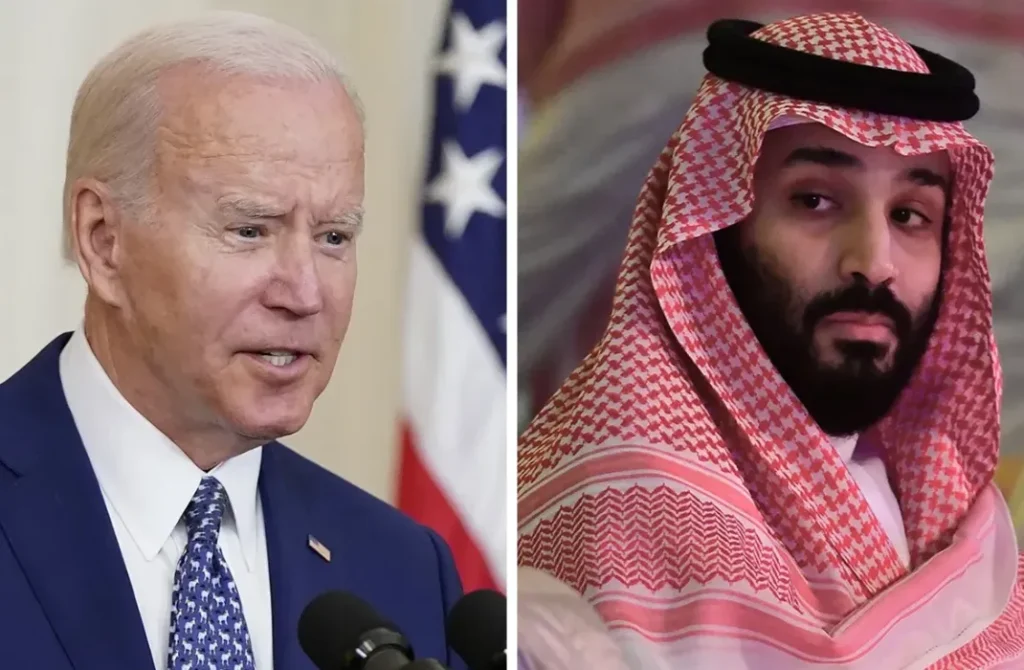The Saudi Arabia 50-year petrodollar agreement with the United States has expired, ending a historic economic arrangement between both countries. For decades, Saudi Arabia sold its oil exclusively in US dollars, creating a strong link between the two nations’ economies. With no new agreement in place, Saudi Arabia will now diversify its currency options for oil sales.
Historical Context of the Petrodollar Agreement
The petrodollar agreement, initiated in the 1970s, significantly boosted the global demand for US dollars. By agreeing to price its oil in dollars, Saudi Arabia supported the American currency’s dominance in global markets. This arrangement benefited both nations economically and politically, ensuring a steady flow of oil and a stable currency.
Expiry of the Petrodollar Agreement
With the Saudi Arabia 50-year petrodollar agreement with the United States having expired, the global economic landscape faces significant changes. Saudi Arabia’s decision to sell oil in multiple currencies reflects a shift towards a more diversified economic strategy. This move allows Saudi Arabia to reduce its dependence on the US dollar, potentially impacting global markets.
New Currency Options for Oil Sales
Saudi Arabia will now sell oil in currencies such as the Chinese RMB, Euros, Yen, and Yuan. This decision marks a significant departure from the exclusive use of the US dollar for oil transactions. By accepting multiple currencies, Saudi Arabia aims to strengthen economic ties with various countries and reduce the risks associated with a single currency.
Impact on Global Markets
The expiration of the Saudi Arabia 50-year petrodollar agreement with the United States will likely cause shifts in global financial markets. Countries trading oil with Saudi Arabia will need to adjust their foreign currency reserves and trading strategies. This diversification could also influence the demand for the US dollar, potentially affecting its value and stability.
Strategic Implications for Saudi Arabia
For Saudi Arabia, selling oil in multiple currencies enhances its economic flexibility and resilience. This strategy aligns with the nation’s broader economic diversification plans, aiming to reduce reliance on oil revenues. By expanding its currency options, Saudi Arabia can better navigate global economic fluctuations and geopolitical tensions.
Future of US-Saudi Relations
The expiration of the Saudi Arabia 50-year petrodollar agreement with the United States raises questions about the future of bilateral relations. While the economic ties between the two nations may evolve, their strategic partnership remains significant. Both countries will need to navigate this transition carefully, ensuring that mutual interests are maintained.
The Saudi Arabia 50-year petrodollar agreement with the United States has expired, signaling a new era in global economic relations. With no new agreement in place, Saudi Arabia will now sell oil in multiple currencies, including the Chinese RMB, Euros, Yen, and Yuan. This shift marks a significant departure from the exclusive use of the US dollar and reflects Saudi Arabia’s broader economic diversification strategy. As global markets adjust to this change, the future of US-Saudi relations will continue to unfold, shaped by evolving economic and strategic considerations.




